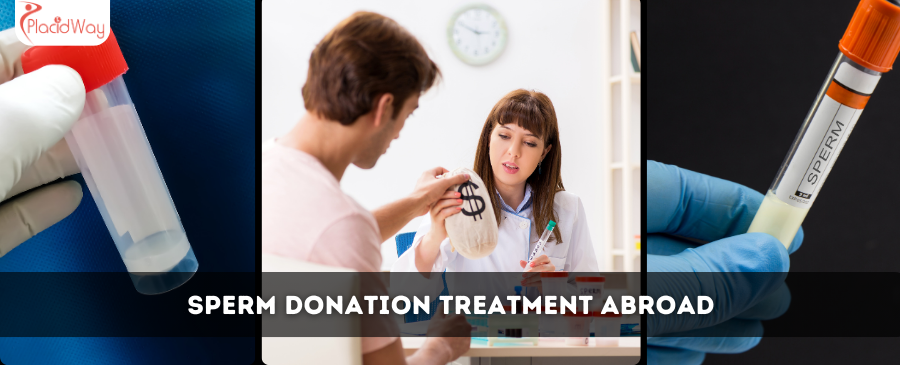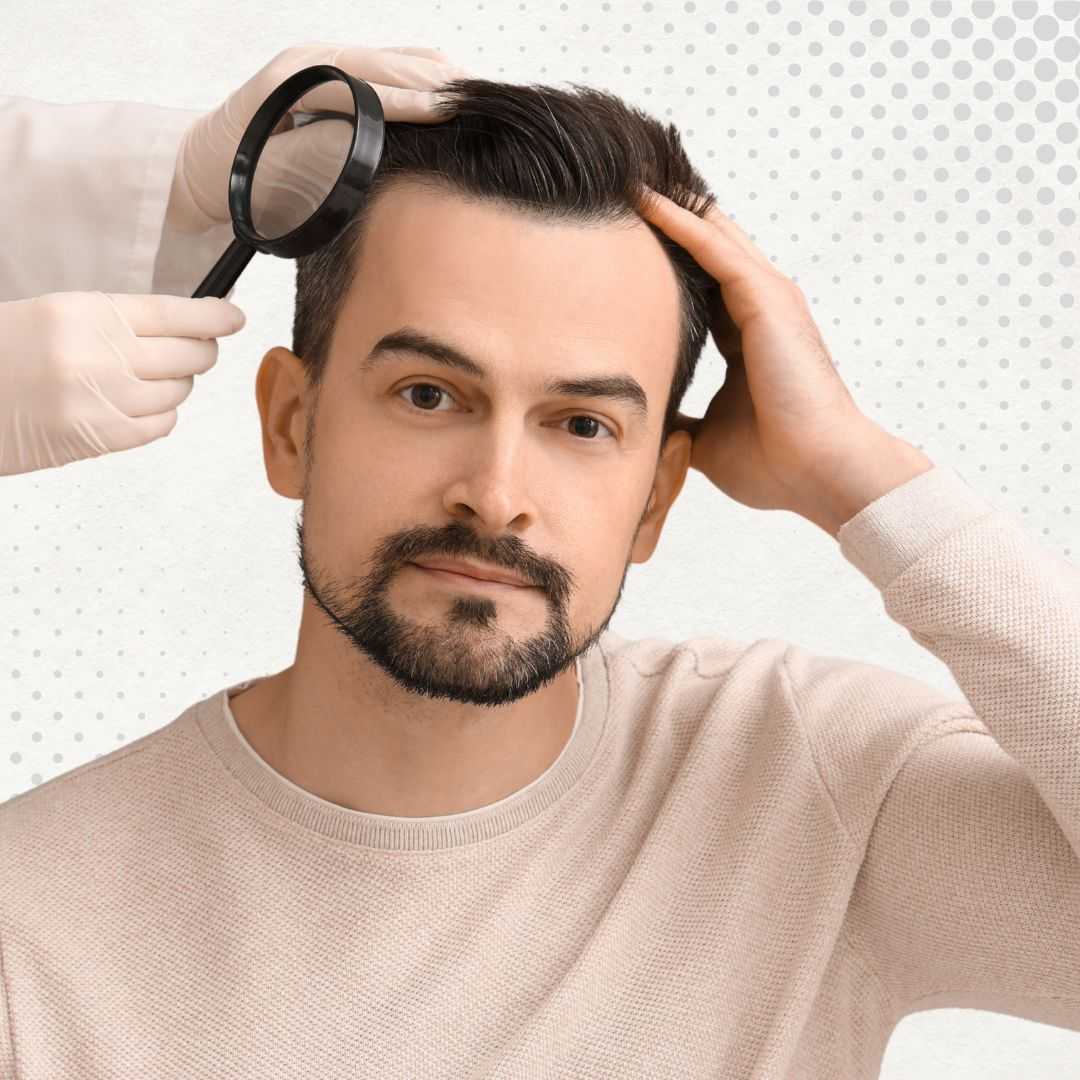
Table of Content
Key Insights at a Glance
By the end of this article, you will understand the sperm donation process, its benefits, regulations, and how donated sperm is used in fertility treatments.
What is Sperm Donation?
Sperm donation involves the donation of sperm by a male, typically to a sperm bank or fertility clinic, to be used in fertility treatments. It benefits individuals or couples, including single women, same-sex couples, and heterosexual couples dealing with infertility. The sperm donor may remain anonymous or known, depending on the agreement and country regulations. This process allows recipients to have biological children, even in the absence of a male partner or in cases of male infertility.
Who Benefits from Sperm Donations?
- Couples experiencing male or female infertility
- Single women wishing to conceive
- Same-sex couples seeking parenthood
- Individuals wanting to carry a biological child through a surrogate
How is Donated Sperm Used?
Donated sperm can be used in various fertility treatments, including:
- Artificial insemination methods, such as intrauterine, intravaginal, or intracervical insemination
- In vitro fertilization (IVF), a common assisted reproduction technique
- Intracytoplasmic sperm injection (ICSI) for more complex fertility cases
- Surrogacy arrangements for individuals or couples needing third-party assistance
Sperm banks often require multiple donations from donors over a set period, regulated by the country’s fertility laws and guidelines.
Sperm Donation Process
The donation process typically involves the collection of a sperm sample at a clinic or sperm bank. The ejaculate is frozen in liquid nitrogen and divided into smaller samples, which can be stored for up to six months in a quarantine period before use. Donors undergo extensive health screening to check for STDs, genetic disorders, and chromosomal abnormalities. In many cases, donors remain anonymous, though in some regions, detailed donor profiles are available to recipients.
Regulations for Sperm Donation
Sperm donation is subject to regulations that vary by country. For example:
- In the United States, the FDA regulates sperm banks and donation processes under the Human Cells, Tissues, and Cellular and Tissue-Based Products branch.
- In the EU, sperm banks operate under the EU Tissue Directive and must hold specific licenses.
- In the UK, the Human Fertilisation and Embryology Authority (HFEA) oversees sperm donations and sperm banks.
These regulations ensure that donors meet age and health criteria and that sperm banks follow standardized storage and screening practices. Many countries also have guidelines regarding anonymity and the availability of donor information.
FAQs Related to Sperm Donation Treatment Abroad
Is sperm donation anonymous?
In many countries, sperm donation is anonymous, meaning the donor does not know the recipient, and vice versa. However, in some countries, donor profiles with detailed information are available to recipients, allowing for more informed decisions.
How is sperm screened before donation?
Sperm donors undergo thorough screening for genetic conditions, sexually transmitted infections, and general health markers. These screenings ensure that only healthy sperm is used in fertility treatments.
Can sperm donation be used in surrogacy?
Yes, donated sperm can be used in surrogacy arrangements, where an egg is fertilized with donor sperm and implanted in a surrogate to carry the pregnancy to term.
What are the age requirements for sperm donation?
Age requirements vary by country, but many sperm banks require donors to be between 18-45 years old. Younger donors often have healthier sperm and higher motility rates, making them preferable candidates.
What is the quarantine period for donated sperm?
Most sperm banks place donated sperm samples in a quarantine period, typically six months, to confirm that no infections are present before releasing the samples for use in treatments.
Book an Appointment with PlacidWay
Interested in learning more about sperm donation options abroad? PlacidWay can connect you with trusted fertility clinics and specialists worldwide. Contact us today for a free quote and expert guidance tailored to your fertility needs.
Fertility Treatment Abroad, Best Fertility Clinics










Share this listing